The Russian Federation is proclaimed a rule of law. This means that any citizen located in the territory of this country has a number of personal, socio-economic, political and spiritual rights. Moreover, personal civil rights are inherent not only to a citizen of the Russian Federation, but also to any other person. The duties of the Russian authorities include protecting the legitimate rights and interests of people. This article will talk about civil civil rights.
Personal rights: concept and essence
The Soviet Union could not be fully called the rule of law. In this country, there were some values and norms that are enshrined in international regulations. In Russia, human rights and freedoms were proclaimed on November 22, 1991. It was then that the corresponding Declaration adopted by the Supreme Council of the RSFSR was adopted. These rights were finally developed and consolidated in the Russian Constitution. In 1993, the domestic legal system was fully integrated into international standards.
In the Constitution, the main state law, human and citizen rights are spelled out in the second chapter. All of them are classified into a number of groups, among which personal civil rights occupy a special place. The fact is that it is this legal group that is given to every person from birth. It is inalienable and not tied to citizenship, and therefore is inherent in absolutely all the inhabitants of the planet. The absence of personal rights for a person in any country means that she does not belong to the world community.
The right to live
Article 20 of the Russian Constitution enshrines the first and main personal civil law. It's about being able to live. The content of this right is difficult to disclose, because it is natural and inalienable. Every born person has the opportunity to live and manage life in their own interests. Protection of the presented right is ensured by the widest range of active actions of both public and state structures. For the quality realization of the right to life, it is necessary to ensure a safe living environment - both social and natural.
The most important factors affecting the maintenance of a personal civil right to life are the refusal of hostilities, the fight against crime, the development of medical services, the treatment of alcoholism, drug addiction, etc.
All current legislation of the Russian Federation proclaims the approach to human life as the highest social value. This is confirmed by the constant development of social services, and the rejection of such radical measures as the death penalty. Until recently, the deprivation of human life by order of state authorities was considered normal practice. Only the realization that the execution was contrary to Russia's international obligations allowed us to exclude such a harmful factor from the current legislation.
Right to freedom
Civil personal rights also include the ability to enjoy freedom and personal integrity. Such a right is regulated by article 18 of the fundamental law of Russia. Freedom is inalienable and is given to everyone from birth, and it is ensured by criminal procedural guarantees.
Freedom of a person refers to independence from constraints and restrictions on one side. A person’s personal life should not be borrowed or appropriated. Partial restriction of freedom is possible only in exceptional cases related to violation of the freedom of other people.Ensuring all the conditions presented means the existence of the right in question.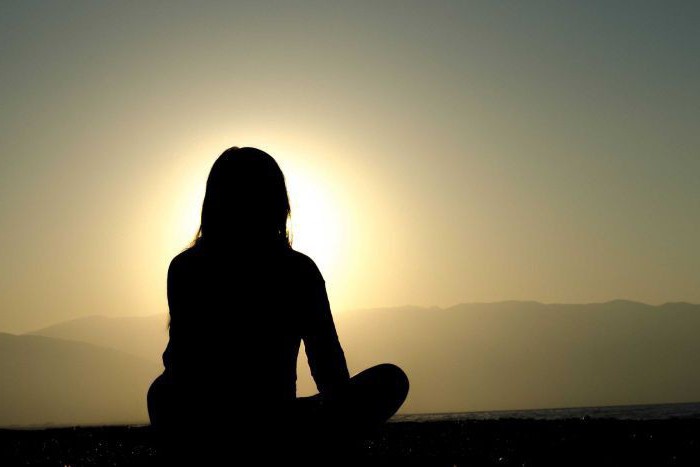
In 1998, the Russian Federation ratified the Convention on the Protection of Human Rights and Fundamental Freedoms. This document allowed the use of sanctions as a guarantee. For example, a person’s freedom may be limited to detention. This is necessary to protect the freedom of other people and punish the subject who dared to ruin the life of his fellow citizens.
In the Russian Federation, there are several ways to limit human freedom. The first method is called extrajudicial. It is applied for a maximum of 48 hours - until the relevant decision is made by the court. Constitutional law prohibits encroachment on human freedom at the discretion of the authorities. The preventive measure imposed must always comply with international principles and norms. Thus, article 22 of the Russian Constitution establishes the legal guarantees of a person upon arrest and detention. The exact time and conditions for restricting personal freedom are established.
The right to honor and dignity
The concepts of dignity and honor occupy a special place in the group of personal civil rights. Russian citizens are members of a civilized society in which respect for the dignity of the individual should be a priority. No foundation can detract from a person’s honor.
Of course, in any country sanctioned measures of influence on the person are allowed. This is necessary for good purposes - such as public safety and social development. However, not a single measure of influence on a person’s illegal behavior can be associated with a diminution of his honor and dignity.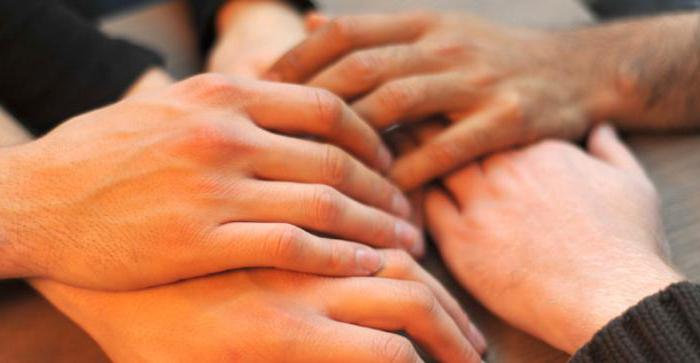
Constitutional provisions stipulate that no one shall be subjected to violence, torture or ill-treatment. It is forbidden to use a person for scientific or medical experiments without his own consent. All this significantly degrades human dignity.
It is also worth noting that the right to honor and dignity is associated not only with penalties. No less important are ethical standards. Here it is necessary to highlight a respectful attitude, sensitive attention to people in difficult situations, etc. Lack of respect in any social group is an obstacle to self-affirmation of the individual, its quality development. The right to honor and dignity helps to reveal the intellectual and creative abilities of a person.
The right to privacy
The concept of inviolability occupies the most important place in the group of personal civil relations in law. It is enshrined in article 23 of the Russian Constitution. According to the basic law of the country, it is immunity that plays a special role in the realization of a person’s individuality in relations with the state and society.
The right to immunity is closely connected with such categories as life, freedom, equality and dignity. This right determines a person’s place in society, as well as the level of development of relations between society and the state. This is the value of immunity. Having received a long historical development, this right began to testify to respect for each person’s private life. The state does not have the right to interfere in the personal affairs of people - with the exception of suspected security breaches.
Privacy is a natural element, and therefore innate and inalienable. Such a right forms the foundation of the legal status of an individual. The very concept of immunity took a very long time to form, and legislative consolidation was received only in the 20th century. This is a complex and multi-level category, which was studied in ancient times. Aristotle and Plato were the first thinkers to try to analyze personal integrity - what today is an inalienable personal civil law.The citizens of ancient Greece reflected on the sphere of private life, its boundaries and the relationship with state life. To what extent does the state have the right to interfere in the lives of ordinary people? Is immunity right so important and necessary? Many thinkers are still trying to get answers to these questions. However, some conclusions have already been made.
Private life is a combination of household, personal, property, family and other relationships. A person can think, retire, contact with other people and do everything that does not violate the freedoms and interests of other people. The right to exercise such a relationship cannot be withdrawn. It is given to everyone from birth, and it is it that is called immunity.
The right to freedom of conscience
What is the concept of conscience in the legal field, and how does it relate to civil personal human rights? Conscience in law means the totality of ideological and moral attitudes that a person adheres to. People are responsible to each other. Everyone is obliged to answer for their behavior. Moreover, the behavior can take any form. It is only important that it does not violate the freedoms and interests of other people.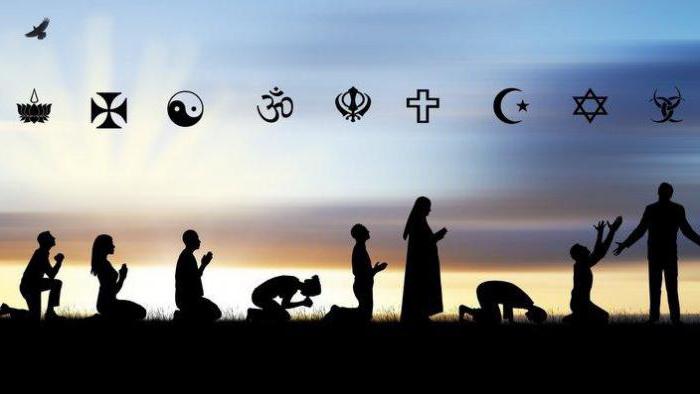
Religion, ideology, worldview - all this is included in the category of behavior. In Russia, a person can profess absolutely any religion, or not profess any. No religious belief can be higher than another. Everyone can profess any ideology - with the exception of those that are extremist in nature. All the norms presented constitute freedom of conscience - the most important personal non-property right.
In civil law, non-property relations are supported by a number of legal sources. It should be noted chapter 2 of the Russian Constitution, as well as the Federal Law "On Freedom of Conscience and on Religious Organizations."
freedom of speech
Human views, beliefs, moral ideals and ideas - all this is expressed through thoughts. Thought is called the product of thinking - the vigorous activity of the human mind. In a civilized society, there is always room for thought. The word - the main exponent of thinking - is given complete freedom. It is thought and word that form the basis of social activity, form the relationship between people, the state and society.
What can the restriction of freedom of speech lead to? A person who is not able to fully express his thought processes is more easily amenable to external interference in private life. Such a person is easier to manage. He can be charged with any views or beliefs. Such procedures are called ideological dictates - forced control of the person. In fact, the restriction of freedom of speech entails the enslavement of society by the state.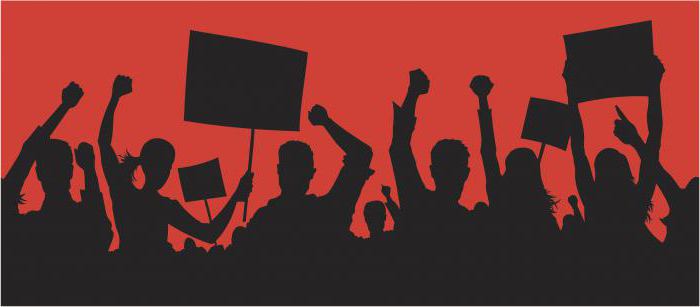
Free expression of one’s thoughts is an inalienable personal civil law. A citizen of the Russian Federation or any other country must actively fight for freedom of speech. Otherwise, the "powers that be" simply destroy the normal relationship with society, which is fraught with dictatorship and enslavement.
Right to property
As you know, civil law regulates property and personal non-property relations. However, both of these groups may constitute the category of personal rights. The non-property relations were listed above — the right to life, dignity, freedom of speech, etc. The category of material relations includes interaction with property. So, we should talk about the concept of the inviolability of the home - one of the most important personal property rights.
In 1948, the Universal Declaration of Human Rights was adopted. Article 12 of this document established that no one can interfere in a person’s personal and family life. It is forbidden to encroach on the inviolability of the home. A similar norm was enshrined in the 1995 CIS Convention "On Human Rights and Freedoms".It says that no state body has the right to appropriate the private property of citizens, with the exception of the rare cases established by law. The norms of international treaties are reflected in the Russian Constitution, which also refers to the inviolability of housing.
All the norms presented are democratic. The state is called upon to protect citizens and civil property, and not to commit arbitrariness. Citizens, in turn, must abide by the laws. Only in this way can personal civil rights in the Russian Federation be ensured.
Protecting Your Rights
The last personal non-property attitude in civil law is the ability to protect your freedoms and interests. A person may demand from the state the exercise of certain rights. The authorities, in turn, are obliged to monitor the integrity of their actions and decisions. Any law enforcement errors should be corrected immediately.
The implementation of human rights and freedoms is the responsibility of the executive branch. It is she who manages the economic processes, distributes financial and material resources, maintains state registration of property relations, etc. The main body of the executive branch of government is the Government. This body is divided into many different departments and ministries, each of which is responsible for a certain social sphere. Illegal acts of executive bodies can be challenged in court. However, a lawsuit is not the only way to protect your rights. You can also file a complaint with a higher executive authority. If this does not succeed, then you will have to act in court.
So far, Russia is subject to international law. Our state recognizes the decisions of the European Court of Human Rights (ECHR) - an interstate instance in which it is possible to challenge the decisions of national judicial bodies. The ECHR most often deals with civil law cases. Personal non-property and property relations - this is the most common area in which cases are resolved in an international court.
Thus, the protection of one’s interests and freedoms falls into the category of personal rights. Moreover, it is simply necessary to protect one’s own rights. The more often people will file complaints and claims, the more and better the legal culture in our country.
Other civil rights
Property and personal non-property rights in the civil legal sphere are not the only group. In addition to personal freedoms and interests, Russian legal science consolidates a number of other classifications. In particular, socio-economic rights should be noted. In this case, the right to work, to property and inheritance, to rest and protect health, to educational, cultural, spiritual and environmental programs, etc.
Besides socio-economic and personal, there are also political rights. They are inherent only to capable citizens of the Russian Federation. It should be noted the right to self-government, freedom of the press and the media, freedom of assembly, to appeal to state institutions, etc. A special place in the political sphere is occupied by the right to elect and be elected.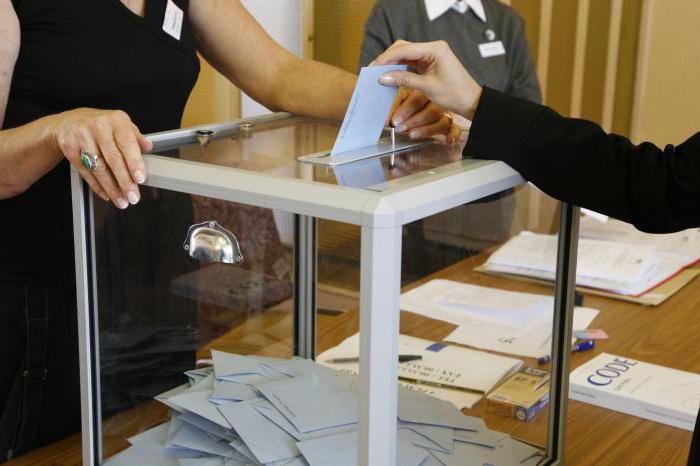
The existence of a group of cultural rights should also be pointed out. Some legal experts do not separate this category from social rights, because spiritual improvement in many respects depends on the state and its social policy. However, the right to education, cultural development and creativity should be highlighted here.
Thus, all four groups of rights constitute the civil legal sphere. The priority group is the category of personal rights, because it is it that is the basis and foundation for all other human freedoms and interests.